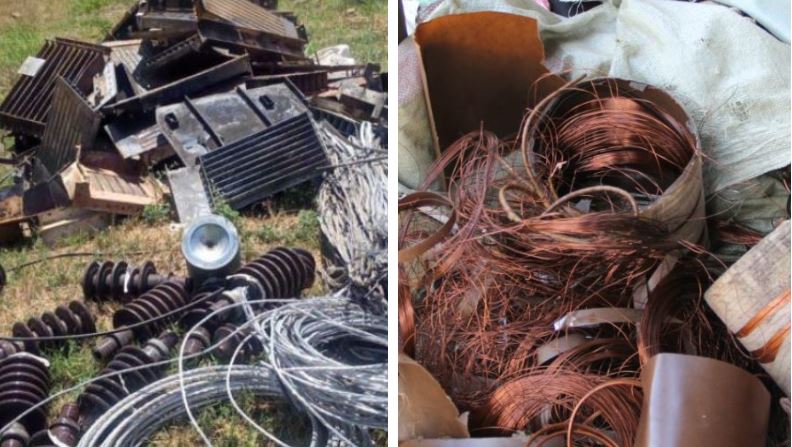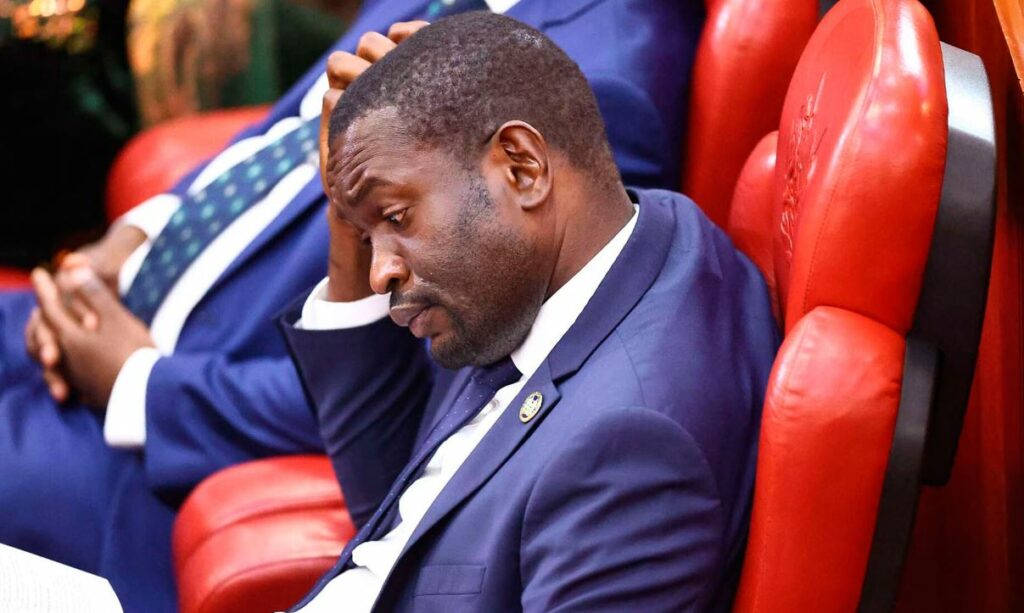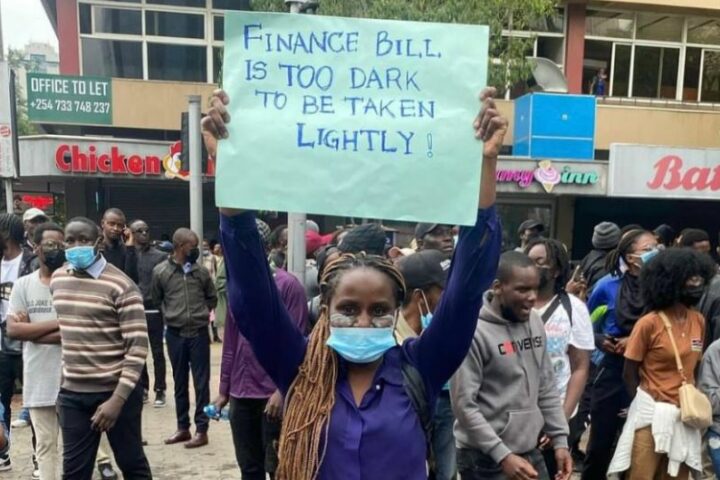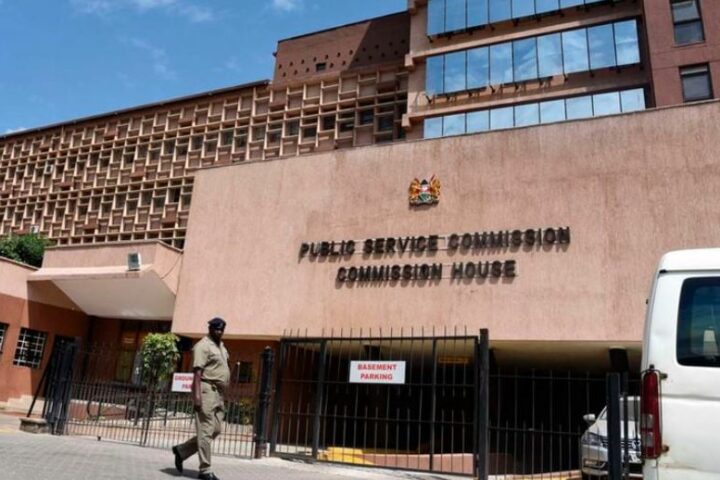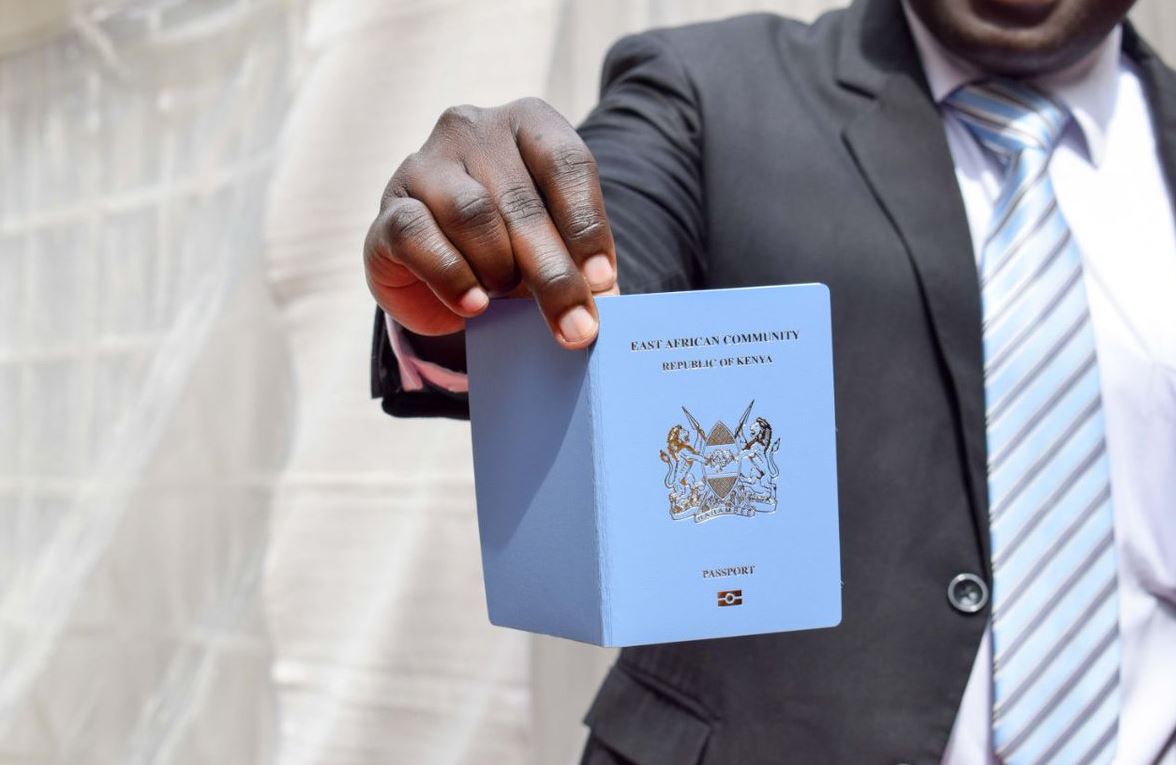 The Kenyan government has finally acknowledged encountering issues in the distribution of passports to applicants, attributed to sporadic malfunctions of the equipment at Nyayo House.
The Kenyan government has finally acknowledged encountering issues in the distribution of passports to applicants, attributed to sporadic malfunctions of the equipment at Nyayo House.
Kenyans on social media have for weeks now complained of long delays in acquiring their passports, sometimes missing out on foreign jobs and even treatment abroad. Those desperate enough to jump the queue have had to part with thousands of shillings as bribes.
This was despite Internal CS Kithure Kindiki’s assurances last year, when he made several visits to Nyayo House to iron out the problems.
Government Spokesperson Isaac Mwaura has now made assurances to the public, announcing the acquisition and upcoming deployment of two new machines aimed at improving service delivery.
“We recognise that challenge but we are up to speed. We have had a problem with the machines at Nyayo house,” Mwaura stated, emphasizing that the situation is under control with the procurement of additional equipment.
He further revealed the imminent issuance of 100,000 new passports which have already been printed, as well as revealing that Interior Cabinet Secretary will soon officially launch the new machines.
“You will soon be seeing the Interior Cabinet Secretary launching it soon because they are already in town and Kenyans have no cause to worry.”
Mwaura addressed the substantial demand and existing backlog for passports and police good conduct certificates in Kenya. He highlighted the daily request rate for good conduct certificates at 20,000, juxtaposed with a backlog of seven million, underscoring the government’s awareness of the urgency and scale of the issue.
The acknowledgment of these delays comes against the backdrop of persistent complaints about the slow processing of passports.
In response, Interior CS Kindiki Kithure outlined several initiatives last year aimed at enhancing the efficiency of service provision at Nyayo House, including leasing equipment from private entities to mitigate the high costs associated with purchasing new machines.
“The historical backlog that had accumulated over many years because of poor printing equipment, low investment and corruption has been technically resolved,” Kindiki stated, acknowledging the efforts to address the backlog, which stood at approximately 58,000 passport applications with a daily processing capability of about 5,000 passports.
Kindiki also shed light on the challenges posed by equipment failures and delays in obtaining booklet supplies, which have contributed to the backlog.
Furthermore, he mentioned the government’s intensified efforts to dismantle cartels that have impeded efficient service delivery at the passport issuance offices.
